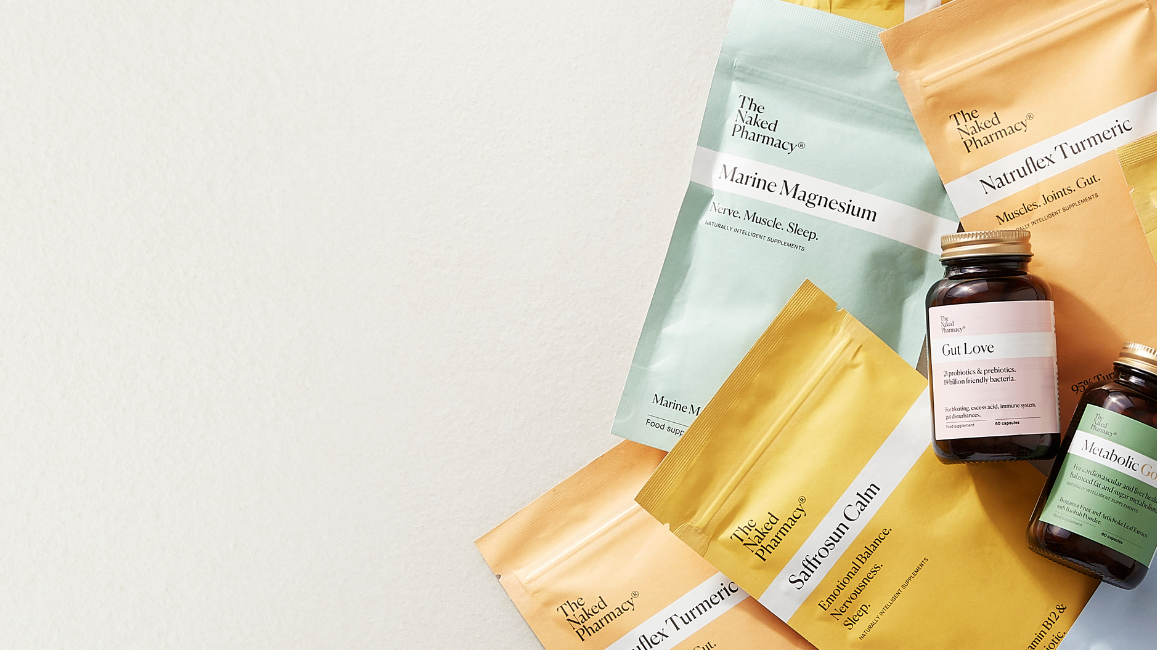The scientific studies to support our claims on turmeric are published in the following peer review journals:
Study: A randomized, pilot study to assess the efficacy and safety of curcumin in patients with active rheumatoid arthritis by Chandran B et al, 2012— RCT Randomised placebo controlled, 45 Human participants.
What the study looked at:
Curcumin, a natural compound known for reducing inflammation, was tested for its safety and effectiveness in people with active rheumatoid arthritis (RA). The study also looked at how it works alone and combined with a common arthritis drug called diclofenac.
What they did:
45 RA patients were divided into three groups: one took curcumin (500 mg), another took diclofenac sodium (50 mg), and the third took both. Researchers measured how much their arthritis symptoms improved using standard scores for joint swelling and tenderness.
What they found:
All groups showed improvement, but the group taking curcumin alone had the biggest and best improvement in arthritis symptoms. Curcumin was also safe and didn’t cause any side effects.
What it means:
Curcumin appears to be a safe and effective treatment for rheumatoid arthritis, possibly even better than diclofenac alone. More research with larger groups is needed to confirm these promising results.
Study: Efficacy and safety of Curcuma domestica extracts in patients with knee osteoarthritis by Kuptniratsaikul V et al, 2009— RCT Randomised placebo controlled,— 107 Human participants— P value: 0.016.
What the study was about:
The study tested whether extracts from Curcuma domestica (a type of turmeric) can safely reduce pain and improve knee function in people with knee osteoarthritis (OA), compared to ibuprofen.
How they did it:
107 patients with knee OA and significant pain were randomly assigned to take either Curcuma domestica extract (2 grams per day) or ibuprofen (800 mg per day) for 6 weeks. Researchers measured pain while walking and climbing stairs, knee function during a 100-meter walk and stair climbing, and tracked any side effects.
What they found:
Both groups showed significant improvement in pain and function over the 6 weeks. The results were very similar between the turmeric extract and ibuprofen groups, except that turmeric showed a bit better improvement for pain on stairs. Side effects were similar and not significantly different between groups.
What it means:
Curcuma domestica extract appears to be as effective and safe as ibuprofen for treating pain and improving function in knee osteoarthritis.
Study: Safety and anti-inflammatory activity of curcumin: a component of tumeric (Curcuma longa) by Chainani-Wu N, 2003.
What the review was about:
This review looked at research on curcumin, the active compound in turmeric, focusing on how safe it is and how well it fights inflammation.
How the review was done:
Researchers searched medical databases, herbal medicine books, and online sources to find studies on curcumin’s safety and anti-inflammatory effects.
What they found:
Many studies—lab, animal, and human—show that curcumin has antioxidant, antiviral, antifungal, and especially anti-inflammatory properties. Importantly, human trials with doses up to 8,000 mg daily for 3 months found no harmful side effects. Other trials using lower doses also confirmed it is safe. Curcumin works by blocking many molecules that cause inflammation in the body.
What it means:
Curcumin is safe to use and helps reduce inflammation by targeting several key players involved in the inflammatory process.
















